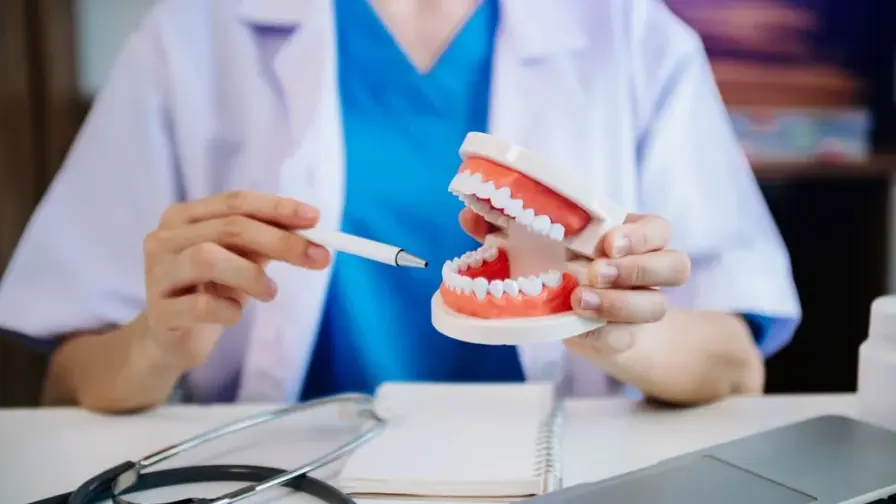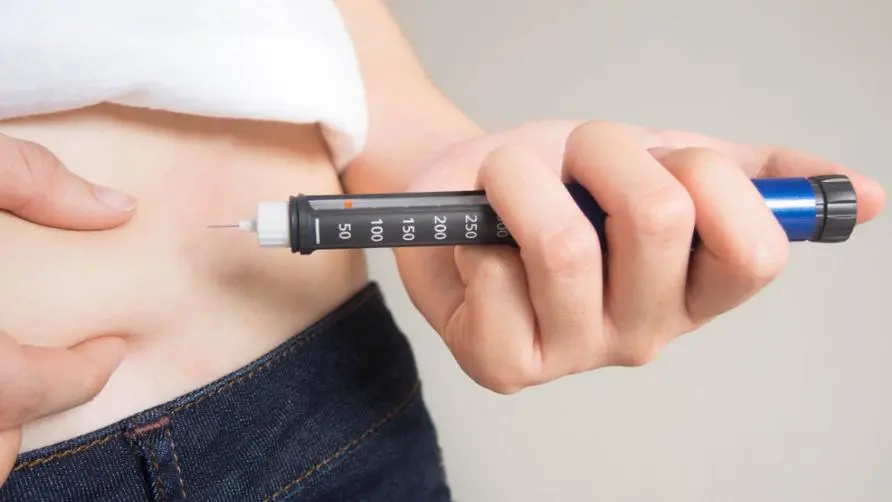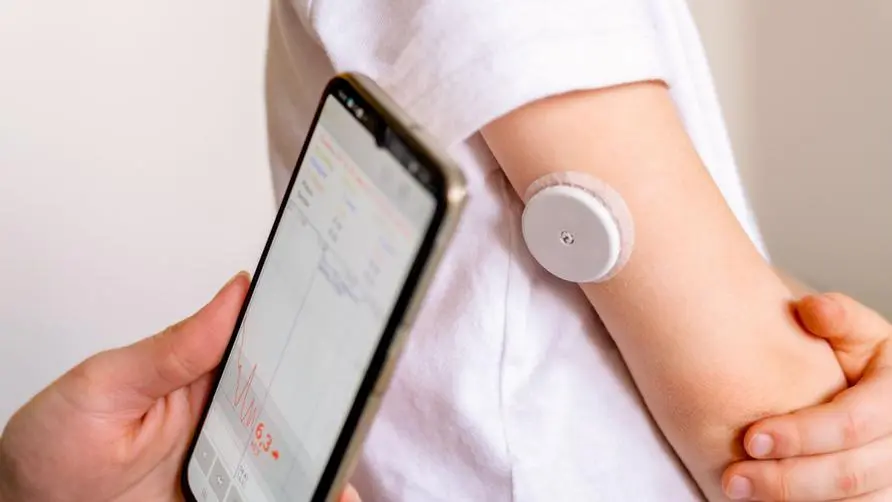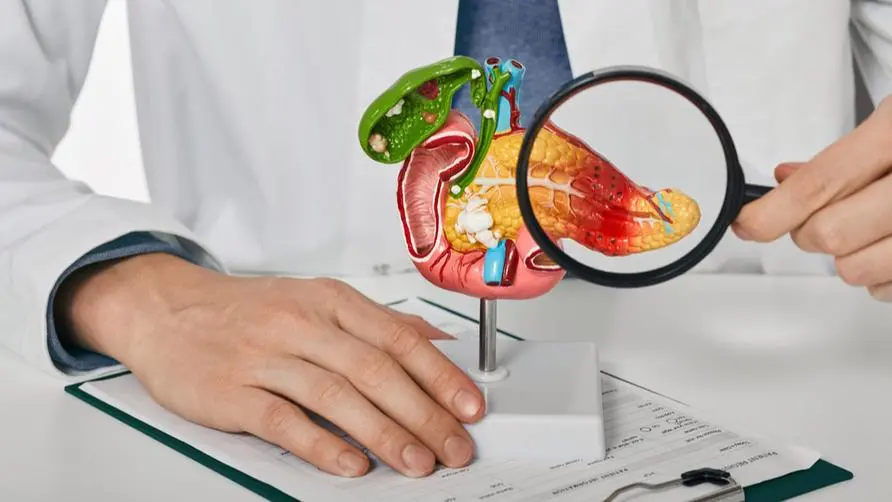Even if you take medicine, it won't help? Doctors warn sugar lovers: If periodontal disease is not treated, blood sugar levels may skyrocket after three meals.

Oral hygiene not only affects oral health? The Harvard School of Public Health once issued a special article stating that changes in the oral microbial flora may cause inflammation throughout the body, indirectly increasing the risk of disease. What’s more, it may further invade blood vessels, leading to an increased risk of diabetes and heart disease. Lin Jiancheng, director of Chengyang Dental Clinic, pointed out that the key reason why diabetes and periodontal disease are called “malignant twin diseases” is that periodontal disease itself is bad bacteria. If blood sugar cannot be stabilized for a long time, it will lead to a decline in the body’s immune function. , when the defense is weakened, bad bacteria will have the opportunity to take advantage of it and affect every organ in the body, so do not ignore the harm caused by diabetes and periodontal disease.
Are diabetics more likely to develop periodontal disease? Doctors reveal 3 key reasons
“Whenever patients with diabetes undergo invasive surgery, we must go through careful evaluation.” Lin Jiancheng pointed out that the main reasons why diabetes will increase the incidence of periodontal disease can be divided into three major aspects. First, it will reduce the “defense ability.” , when blood sugar is too high, the function of white blood cells will decrease. If the periodontal inflammation is present at this time, the body’s self-defense capability will be insufficient, which will worsen the periodontitis condition.
“Collagen in the body is one of the most important substances for the synthesis of alveolar bone and periodontal tissue.” However, elevated blood sugar will inhibit collagen. Once the periodontal tissue is quickly destroyed, without the assistance of collagen, , the ability to regenerate it will be weakened; finally, the uncontrollable blood sugar will also affect the permeability of peripheral capillaries. Poor capillary permeability will prevent the toxins produced by the periodontal tissue from being metabolized. Likewise, the nutrients contained in the blood cannot be supplied to where they are supposed to go.
Dr. Lin Jiancheng pointed out that more importantly, when blood flow is reduced, antibodies cannot successfully reach the infected area. In addition to being unable to fight bacteria, it will also greatly reduce the recovery speed of the wound. This is why whenever diabetic patients undergo invasive procedures, When performing surgery, healing capacity must be factored into the risk assessment.
It’s no use taking medicine! Blood sugar still spikes despite periodontal disease treatment
As for why periodontal disease affects diabetes? Lin Jiancheng explained that periodontal disease is an inflamed tissue, and the toxic substances secreted by periodontal bacteria will be absorbed into the body and affect the health of the whole body through blood circulation. In severe cases, it may even cause damage to specific organs. Secondly, because it affects organ cells and increases insulin resistance, when cells cannot utilize insulin, blood sugar will remain at a high point and cannot return to normal.
“Don’t think that as long as you control one side, you don’t have to take care of the other side.” Lin Jiancheng emphasized that diabetes and periodontal disease are intertwined with each other. Assuming that blood sugar is under control today, however, periodontal disease will become increasingly serious. Problems leading to diabetes surface. He also mentioned that type 1 diabetes is associated with abnormalities in the immune system, which in turn leads to attacks on pancreatic cells. If patients with this type of diabetes take insulin on time, most people can control their blood sugar and prevent periodontal disease. prevention.
How to control “malignant twin diseases”? What else can you do besides oral hygiene?
Dr. Lin Jiancheng said that type 2 diabetes is related to genetics, lifestyle, obesity, diet, and the body being in a state of inflammation for a long time, which leads to insulin resistance. For these patients, the control of blood sugar or periodontal disease will be more complicated.
Diabetes history, medication history, pre- and post-meal blood sugar, glycated hemoglobin, etc. are all key for doctors to evaluate the treatment plan. Lin Jiancheng said that diabetic patients do not need to panic when faced with periodontal problems, but the premise is that when the oral If inflammation occurs, you should actively receive treatment. At the same time, provide complete relevant medical history information to the dentist, and even allow the attending physician of the internal medicine department to conduct two-way communication with the dentist. More importantly, do a good job in blood sugar management. control and oral hygiene.
Further reading:





